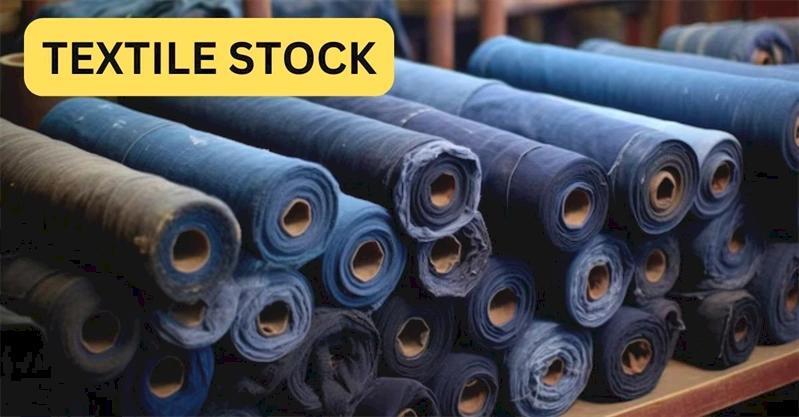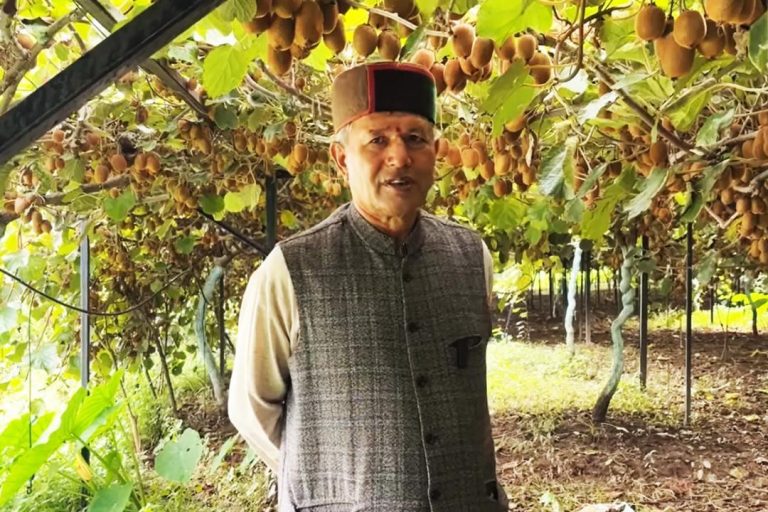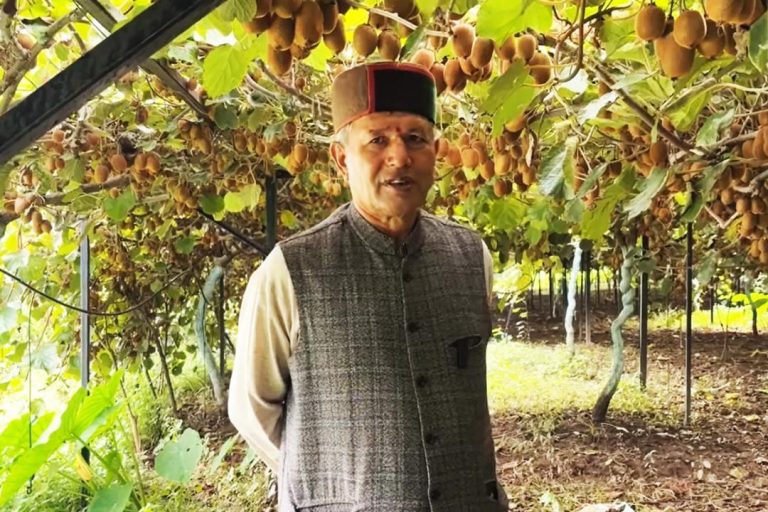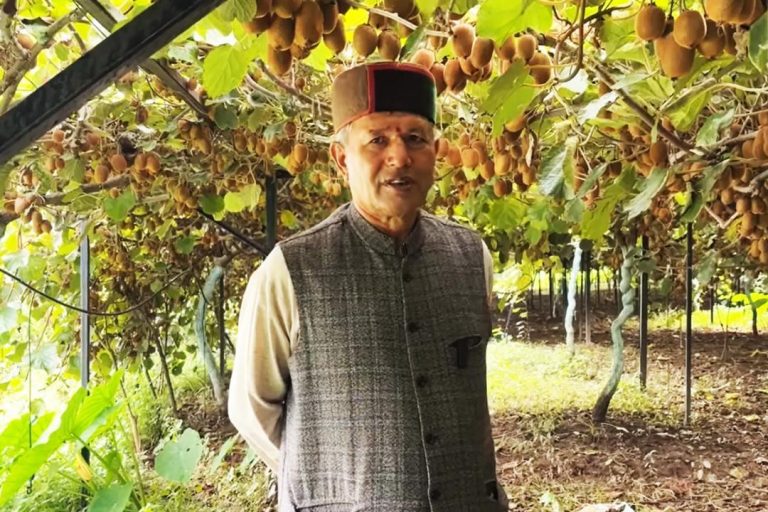
R&B Denims Expands into Garment Manufacturing: A Strategic Move Towards Sustainability and Vertical Integration
R&B Denims, a leading textile company in India, has made a significant move by expanding its business operations into garment manufacturing. The company has launched its denim garments, including jeans and jackets, at its existing facility, marking a major milestone in its journey towards sustainability and vertical integration. This strategic expansion will not only enhance the company’s presence in the market but also tap into the lucrative export market.
According to a recent announcement, R&B Denims has invested an initial ₹1.25 crore to fund the machinery and infrastructure required for this expansion. This significant investment demonstrates the company’s commitment to its growth strategy and its confidence in the potential of the garment manufacturing segment.
Why Garment Manufacturing?
R&B Denims’ entry into garment manufacturing is a strategic move that aligns with the company’s vision of becoming a one-stop-shop for its customers. By manufacturing garments, the company can now offer a complete range of products, from fabric to finished garments, to its customers. This vertical integration will enable R&B Denims to better control the quality and consistency of its products, leading to enhanced customer satisfaction.
Moreover, garment manufacturing is a rapidly growing segment, driven by increasing demand for fashion apparel and accessories. By entering this segment, R&B Denims can tap into the growing demand and capitalize on the opportunities it presents. The company’s existing expertise in denim fabric manufacturing will also come in handy, allowing it to offer high-quality denim garments to its customers.
Benefits of Expansion
The expansion into garment manufacturing will have several benefits for R&B Denims. Firstly, it will enable the company to increase its revenue streams, as it will now be able to offer a complete range of products to its customers. This diversification will also reduce the company’s dependence on a single product or segment, making it more resilient to market fluctuations.
Secondly, the expansion will enhance R&B Denims’ vertical integration, allowing it to better control the quality and consistency of its products. This will lead to improved customer satisfaction and loyalty, as customers will have confidence in the company’s products and services.
Thirdly, the garment manufacturing segment presents a significant opportunity for R&B Denims to tap into the export market. The company can now export its denim garments to countries with growing demand for fashion apparel and accessories. This will not only increase R&B Denims’ revenue but also enhance its brand visibility globally.
Sustainability
The expansion into garment manufacturing is also expected to have a positive impact on R&B Denims’ sustainability efforts. By manufacturing garments, the company can reduce its reliance on third-party suppliers and partner with local artisans and small-scale manufacturers. This will not only reduce its carbon footprint but also support local communities and promote sustainable development.
Moreover, R&B Denims’ garment manufacturing facility will be designed to adhere to the highest standards of sustainability, with a focus on reducing waste and minimizing environmental impact. The company will also implement sustainable practices throughout its supply chain, ensuring that its products are manufactured in an environmentally responsible manner.
Conclusion
R&B Denims’ expansion into garment manufacturing is a significant milestone in the company’s journey towards sustainability and vertical integration. The company’s initial investment of ₹1.25 crore will fund the machinery and infrastructure required for this expansion, demonstrating its commitment to growth and innovation. With its existing expertise in denim fabric manufacturing, R&B Denims is well-positioned to capitalize on the opportunities presented by the garment manufacturing segment. As the company continues to expand its operations, it is expected to play a major role in the growth of the Indian textile industry.
Source:




